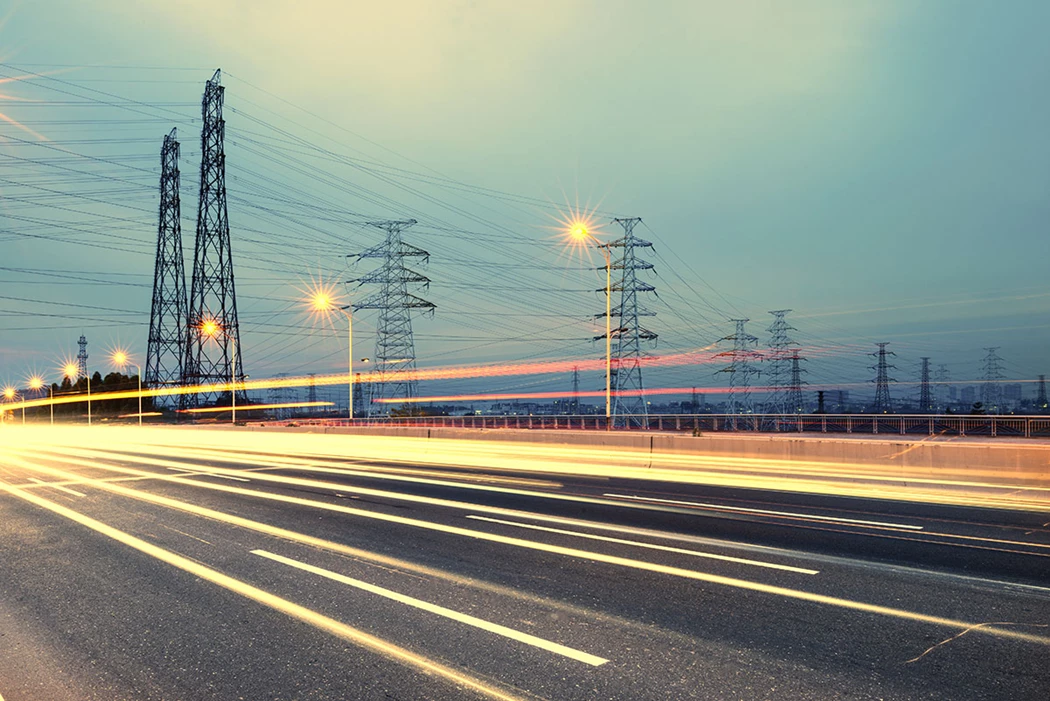EDF Braces for More Delays at UK Hinkley Point Nuclear Project
(Bloomberg) -- The Hinkley Point nuclear project in the UK, ridden by repeated delays and cost overruns, is bracing for yet more setbacks.
The latest schedule for completion around the end of the decade is likely to be pushed back by at least another year as operator Electricite de France SA continues to grapple with the installation of electrical systems, a person familiar with the matter said, asking not to be named discussing private information. The delay may stretch for 12 months or more if corrective action plans continue to prove challenging, another person said.
The setbacks threaten to increase the state-owned utility’s financing needs, and may revive government concerns in France and the UK, where taxpayers are set to help bankroll EDF’s new atomic power stations. The French utility earlier this year convinced the British government and investors to build another pair of reactors at Sizewell for £38 billion ($50 billion), while it’s still negotiating France’s support for six new units in its home country.
The Hinkley Point project has proven controversial for EDF after long delays and cost overruns caused its debt to balloon. Construction of complex nuclear plants is notoriously slow, and the upsets at Hinkley may weaken EDF’s chances of winning more contacts abroad, after being beaten by US and Korean rivals in Poland and the Czech Republic in recent years.
That means the French utility giant risks missing out on a revival of nuclear power as Europe seeks to reduce its reliance on imported fossil fuels and needs to replace aging reactors. Atomic energy can provide low-carbon power around the clock to meet growing demand from the electrification of industry, transportation and from the artificial intelligence boom.
The Hinkley Point C project in Southwest England was approved in 2016, with a view to start up the first reactor in 2025. Despite lessons learned from similar projects in France, Finland and China, the timeline has slipped multiple times. The project’s budget has soared to more than £40 billion due to Brexit-related snarls, construction struggles, the Covid pandemic and an inflation surge.
When EDF last revised its timeline for the project in January 2024, it said that the first reactor should be operational in 2030 under its main scenario, which assumed that certain risks in electro-mechanical works and testing would materialize. Last July, EDF said that electrical installations were behind plan, in part because of delays in the delivery of materials, but that they would accelerate by the end of the year.
A spokesperson for EDF said the company had no comment beyond the last update.
EDF’s bill for the project has also increased after its partner China General Nuclear Power Corp. — which now owns 25% of Hinkley Point C — stopped funding its minority share of the project at the end of 2023, having fulfilled its contractual commitment.
The French government has unsuccessfully tried in recent years to convince the UK government to help finance the nuclear plant. The two reactors at Hinkley Point C, which will be the first new atomic station to start generating in Britain since 1995, will power 6 million homes for 60 years when completed, according to EDF.
©2025 Bloomberg L.P.





